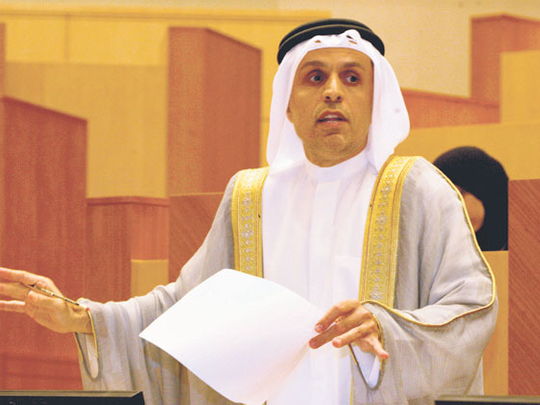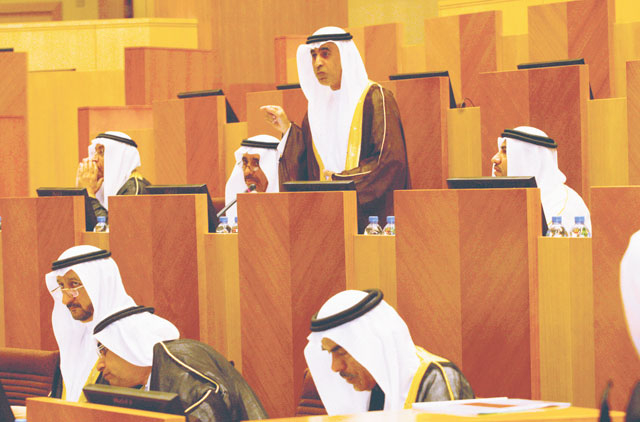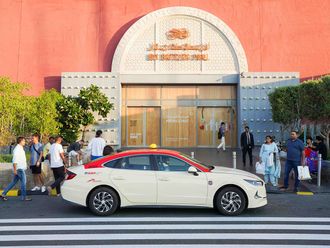
Abu Dhabi: Food prices remain stubbornly high and the Government failed to bring back the markets or stabilise the prices, members of the Federal National Council (FNC) argued on Tuesday.
"Since the beginning of this year, prices of edible oil, sugar and rice shot up by 50 per cent and the Government failed to stabilise, let alone, control these prices," said Hamad Harith Al Midfa, a member from Sharjah.
Members of the Chamber debated the price of food as prices around the world rise to an all-time high.
The United Nations Food and Agriculture Organisation (FAO) has warned that this could lead to turmoil in poorer nations that import food.
Al Midfa posed a question to Sultan Bin Saeed Al Mansouri, Minister of Economy, on how the ministry plans to control the increases in food prices.
Al Mansouri said the UAE is investing in farms abroad, especially in Vietnam, Cambodia, Egypt, Pakistan, Romania and America to secure food supplies and protect itself from being at the mercy of market fluctuations.
"Serious negotiations on agricultural investments are also ongoing with other countries including Australia and Indonesia," the minister added.
The House asked in November for the government to draw out a plan to minimise the impact of inflation on consumers, which they said was the highest in the Gulf.
"UAE inflation continues to be the highest in the region, putting huge pressure on consumers, particularly low-income people," said Khalid Ali Bin Zayed Al Falasi, a member from Dubai.
He suggested that the ministries of Economy, Foreign, Trade, Energy and Environment and Water draw up a plan to address this issue.
Khalifa Abdullah Bin Howaiden, a member from Sharjah, said the prices of certain food items shot up between 400 and 500 per cent.
The FNC adopted a recommendation that the government develop a plan to help the low- and middle-income people cope with the impact of hiking petrol prices, which led to an increase in prices of goods and services.
The UAE’s current $4 billion (Dh14.69 billion) annual food import bill is expected to grow due to the growing population.
In a letter he sent the Chamber in November, the Minister of Economy, linked the rise in food prices to floods and drought hit many countries including Australia, Russia and Argentina and pledged to continue enacting measures to promote food security.
He said global food prices would be tracked on a central computer database, which will be ready within a year, to help to predict potential shortages.
"It will produce reports on the food situation and expectations in the UAE and other countries," the minister said. "This system will play a crucial role in warning of impending food shortages."
The price of vegetables increased by more than 25 per cent and fruit by more than 20 per cent between September 2009 and September 2010, according to a report by the Economy Ministry.
"The country has recently witnessed a rise in prices that has affected all good and services, an issue that requires decisive intervention," Al Midfa said.












